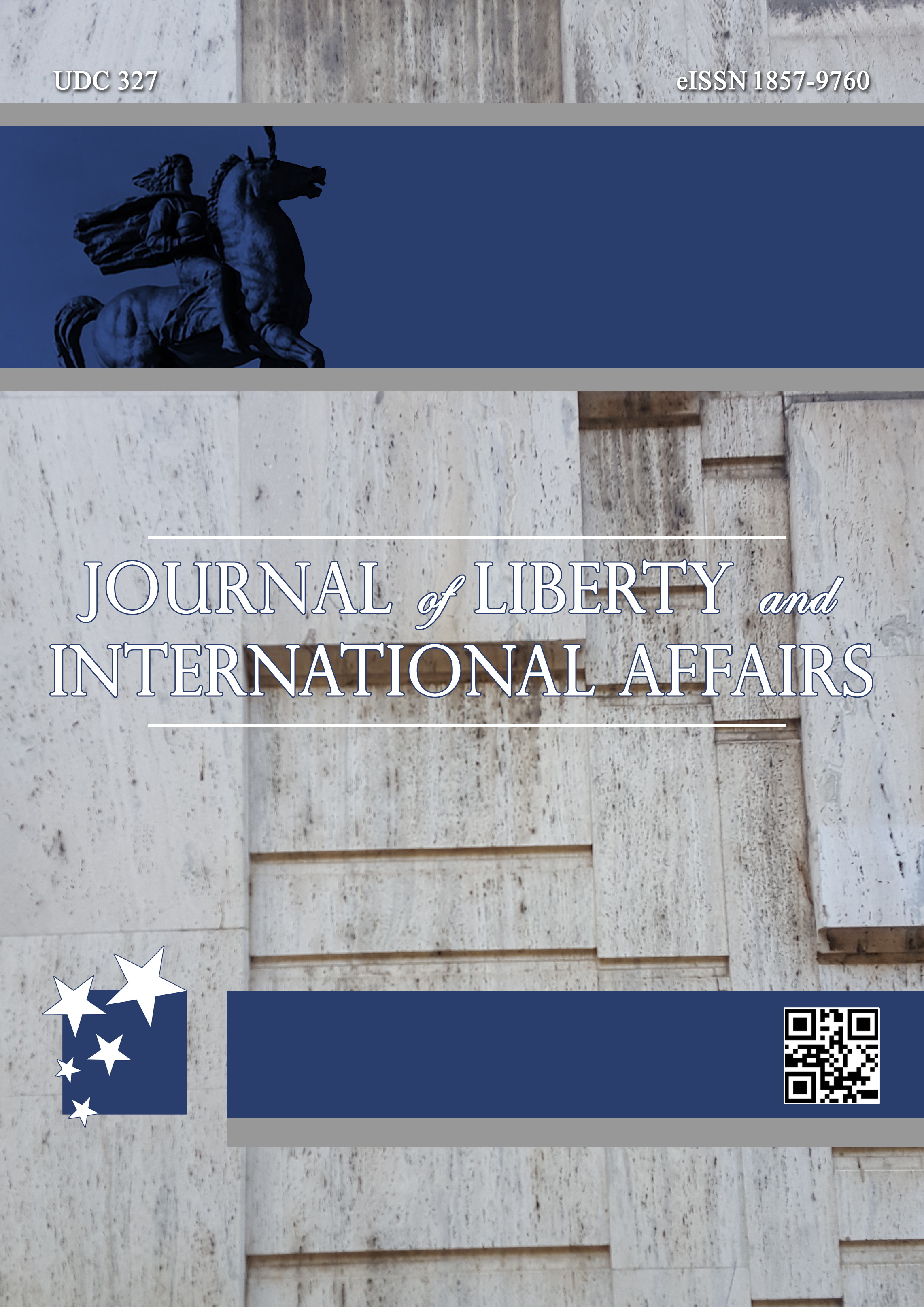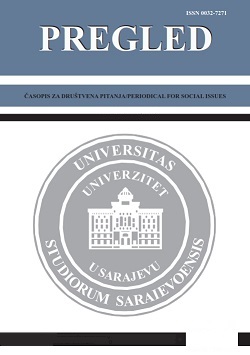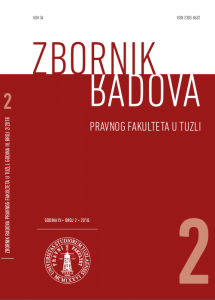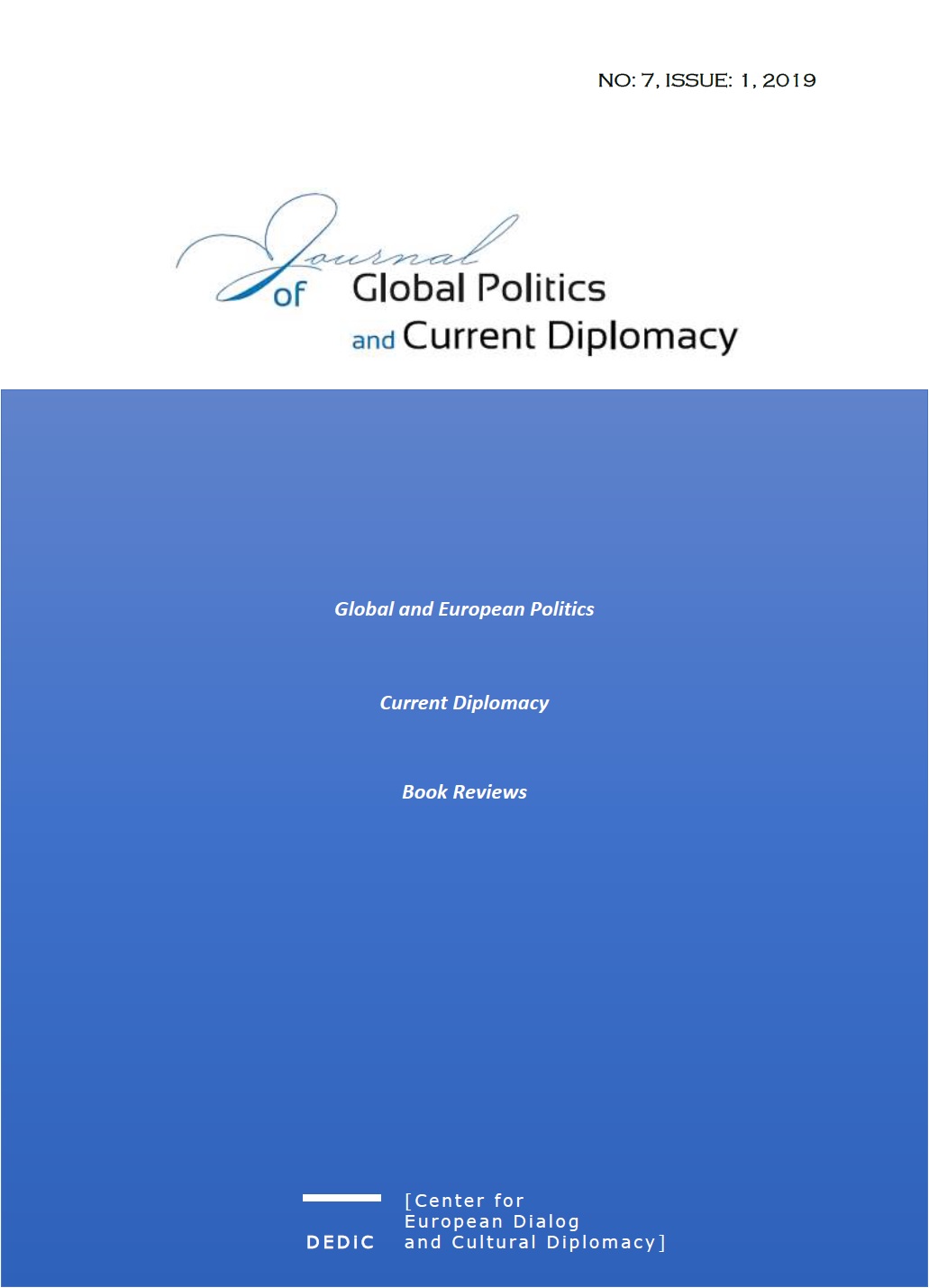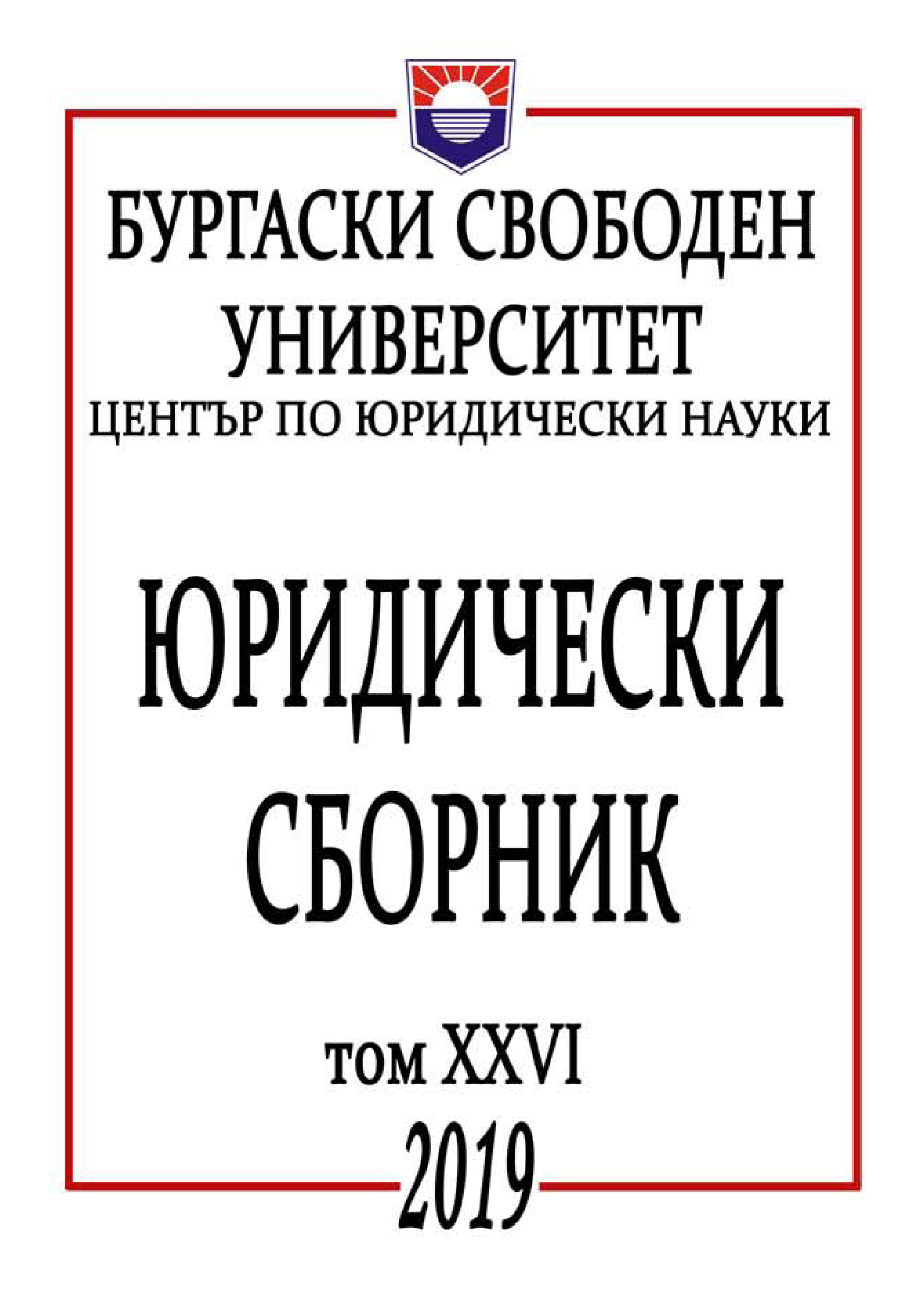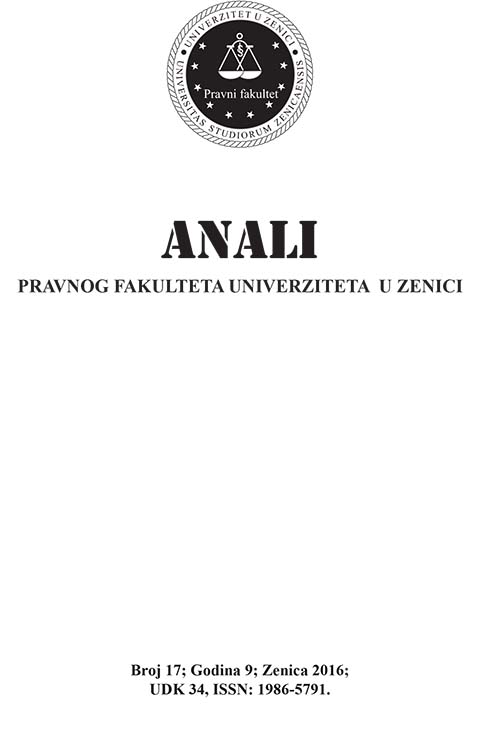
SUKOB NACIONALNOG I SUPRANACIONALNOG: POLOŽAJ IUS PUNIENDI U NOVOM MEĐUNARODNOM KONTEKSTU
All the limitations and risks of the sovereign state, as a primary form of political organization of society of the people of Europe, came to the fore after the World War II. This led to the recomposition of the interstate relations in Europe and the change of the mere geostrategic position; the European Community was created, later the European Union, which became a legal entity stricto sense after the Treaty of Lisbon entered into force. What is perhaps most intriguing is the impact that the creation of such supranational artifact had on the erosion of the classical concept of sovereignty. Membership in such Union inevitably leads to the waiving part of sovereignty, and member countries are not always ready to do this. To illustrate this point, one can only remember the example of the criminal law of the European Union, which went all the way from complete ignorance of the institutions of the European Union to the supremacy, in terms of entry into force of the Treaty of Lisbon. The main purpose of this paper is to review this new position of the criminal law in the context of the European integration process, with emphasis on the limitations of the national criminal legislature, imposed by the law of Community on one hand, and the Treaty of Lisbon as a milestone in the development of the criminal law of the European Union on the other hand.
More...

